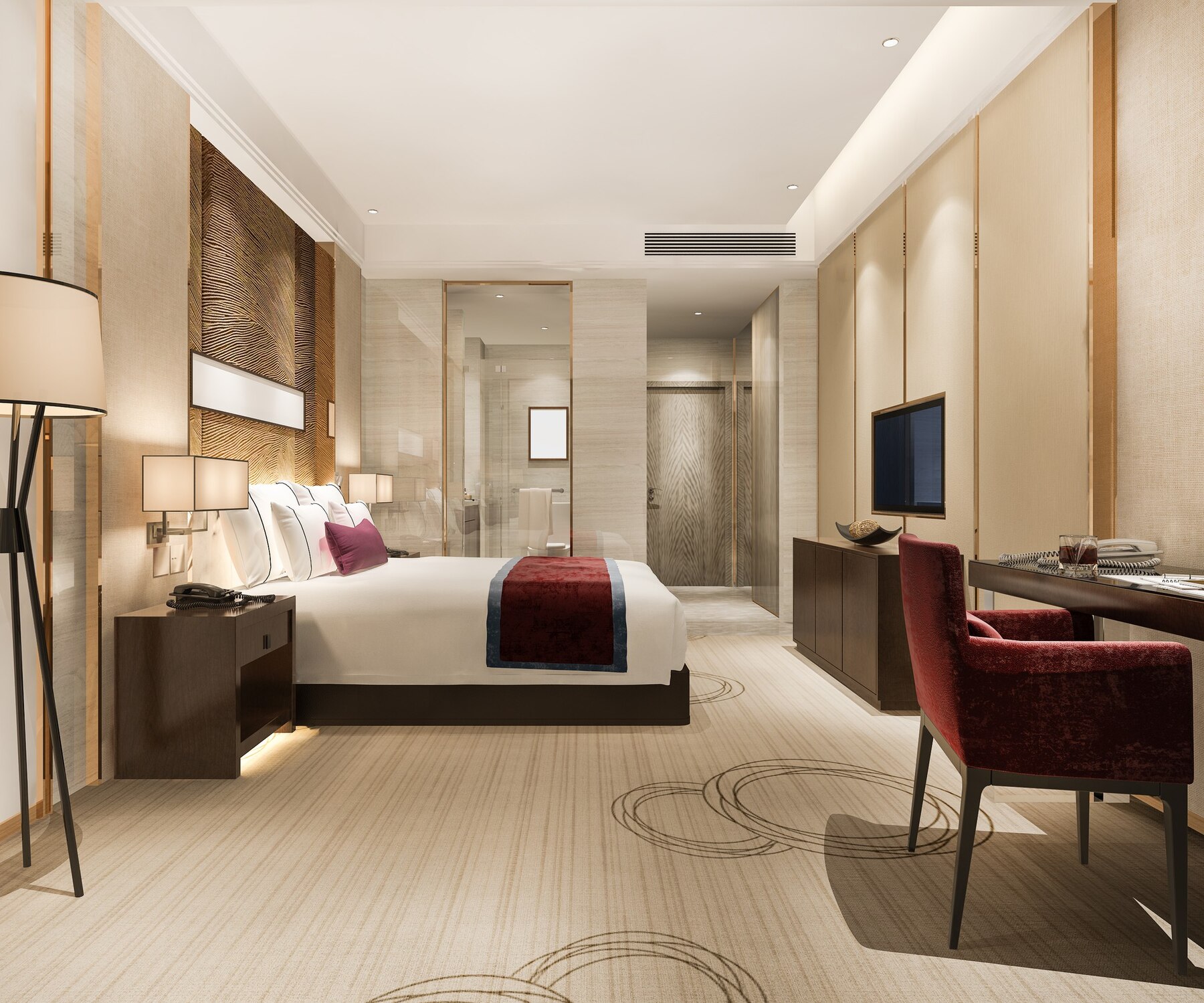The concept of co-living, characterized by shared living spaces and communal amenities, has gained popularity in Singapore as an innovative housing solution. Co-living operators looking to adapt private condominiums for this purpose must navigate a range of regulations and considerations to ensure feasibility and compliance. Let's explore the feasibility and challenges of adapting condos for co-living in Singapore, taking into account the regulatory framework and practical implications.
Opportunities of Adapting Condos for Co-Living

Amenities and Facilities: Private condominiums often boast a diverse range of amenities that can significantly enhance the co-living experience. These amenities may include well-equipped gyms, inviting swimming pools, landscaped gardens, BBQ pits, and communal lounges or social spaces. Access to such amenities not only enriches the quality of life for co-living tenants but also contributes to a vibrant and attractive living environment.
Flexibility in Design: Condos offer inherent flexibility in unit layout and design, allowing for customization to create functional and appealing co-living spaces. Co-living operators can leverage this flexibility to optimize floor plans, maximize living space, and integrate communal areas seamlessly. From open-plan kitchens to multipurpose common rooms, the adaptable nature of condominium units facilitates the creation of dynamic and inviting co-living environments.
Challenges of Adapting Condos for Co-Living
Regulatory Compliance: Navigating complex regulations and obtaining necessary approvals can be challenging for co-living operators, requiring careful planning and adherence to legal requirements. In addition to necessary URA regulations, co-living operators must also comply with specific MCST by-laws and obtain necessary approvals, making it essential to stay informed and up-to-date on all regulatory requirements to ensure smooth operations.
Cost Considerations: Adapting condos for co-living involves significant upfront costs that can impact the financial feasibility of the project. Renovations to convert individual units into shared living spaces, installation of communal amenities, and upgrades to meet co-living standards all incur expenses. Additionally, ongoing operating costs such as maintenance, utilities, insurance premiums, and property management fees add to the financial burden. Co-living operators must conduct thorough cost-benefit analyses and budgeting to ensure the project's financial viability and sustainability.
Regulatory Considerations for Co-Living in Condos

Minimum Stay Requirements: Residential co-living spaces in Singapore have a minimum stay requirement of 3 months to discourage short-term rentals that may disrupt the residential community.
Unit Size and Layout: Each co-living unit must meet a minimum size requirement of 35 sqm to ensure adequate personal space for tenants. The layout should be conducive to shared living, promoting interaction among residents.
Maximum Occupancy: From January 22, 2024, to December 31, 2026, the Housing & Development Board (HDB) and the Urban Redevelopment Authority (URA) will temporarily relax the occupancy cap for larger HDB flats and private residential properties. These accommodations will be allowed to house up to eight unrelated persons (i.e., not from the same family unit), up from the current cap of six unrelated persons.
Compliance with Building Bylaws: Co-living operators must adhere to the bylaws of the residential building or condominium regarding noise, use of common facilities, and property maintenance.
Exclusions from Communal Facilities: Certain areas within condominiums may be excluded from being considered as covered communal facilities for co-living tenants' use, including public spaces and functional areas.
Tenant Screening: Operators are responsible for screening tenants to ensure they have the proper visa status to stay in Singapore, ensuring legal compliance and community safety.
Building and Fire Safety: Co-living spaces must comply with building and fire safety codes, including having proper fire escapes, alarms, and safety measures in place.
Insurance and Liability: Operators should have adequate insurance coverage to protect against liabilities, including accidents or injuries on the property.
Conclusion
Adapting private condominiums for co-living presents both opportunities and regulatory challenges in Singapore. Co-living operators must collaborate closely with condo management, adhere to legal requirements, and prioritize community integration to create successful and sustainable co-living environments within the private housing landscape. By navigating regulatory complexities and addressing practical considerations, condos can be transformed into vibrant co-living spaces that meet the evolving needs of residents in Singapore's dynamic housing market.
Experience the future of urban living with CoHomes, your premier platform for co-living in Singapore. Our platform connects you with a community of like-minded individuals and responsible co-living providers, offering a hassle-free and flexible living experience. Browse our curated selection of co-living spaces today and discover a new way to live, work, and thrive in the city. Join the CoHomes community now and be part of the evolving face of urban housing!


